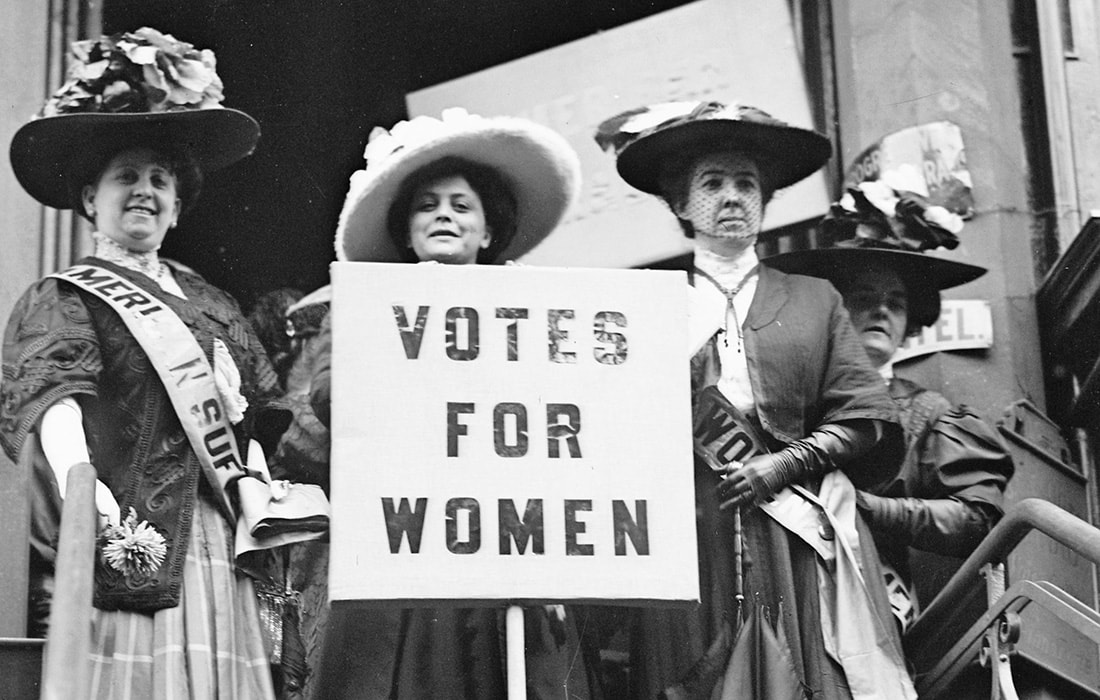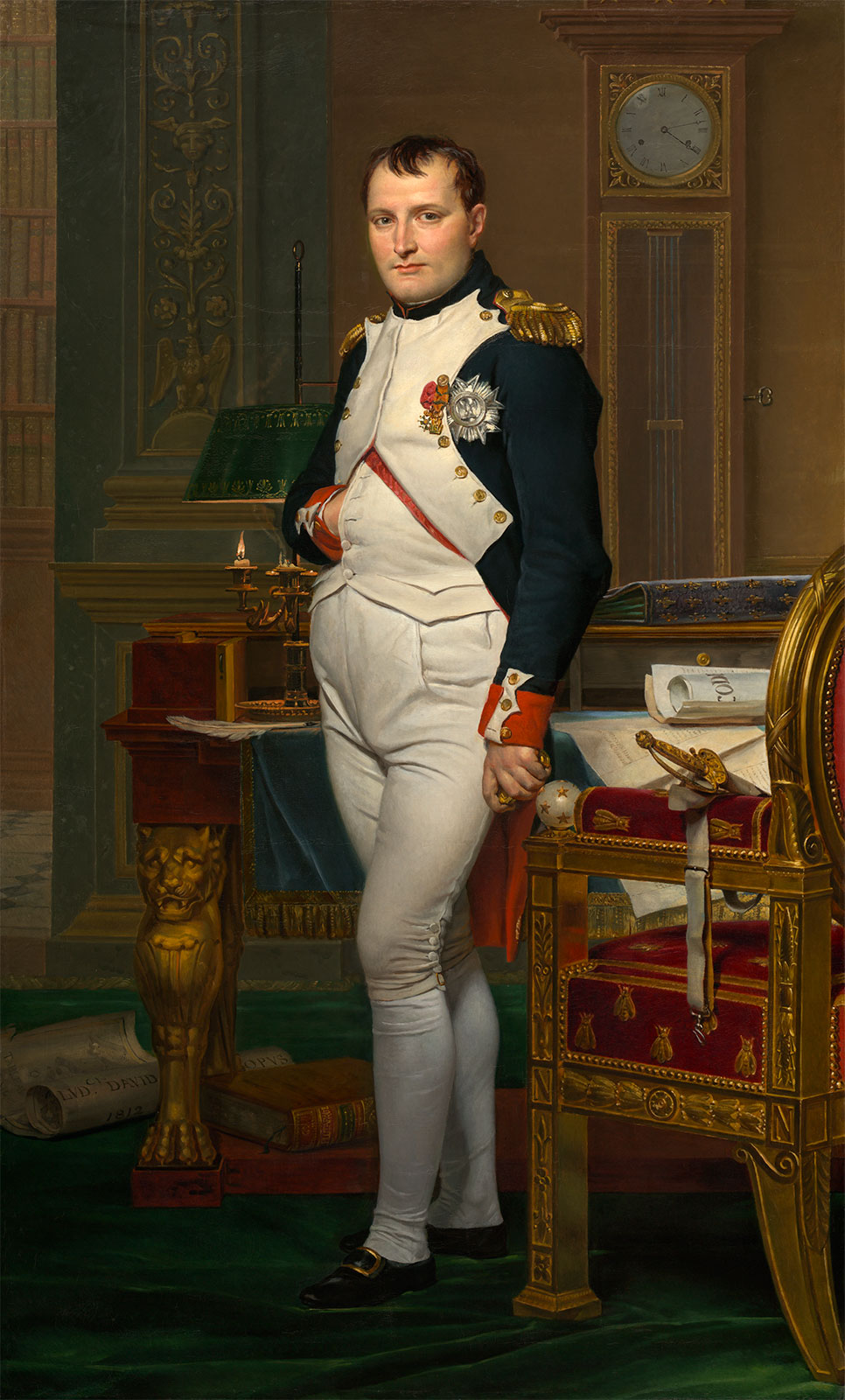|
Niccolò Machiavelli, an influential figure of the Renaissance, left an indelible mark on political thought with his seminal work, "The Prince." In this controversial treatise, Machiavelli explored the intricacies of power, offering candid and sometimes unsettling advice to rulers.
Machiavelli's writings challenged conventional notions of morality and idealism in politics. He advocated for a pragmatic approach, emphasizing that a ruler must prioritize the preservation of power and the stability of the state above all else. Machiavelli's work has been both praised as a realistic examination of the complexities of governance and condemned as an endorsement of ruthless tactics. Beyond "The Prince," Machiavelli's political insights extend to works such as "Discourses on Livy" and "The Art of War." These texts delve into broader themes of republicanism, civic virtue, and the dynamics of power within society. Machiavelli's legacy lies in his contribution to political theory. His analysis of human nature, the role of fortune, and the delicate balance between ethics and pragmatism continue to provoke debate and shape our understanding of political systems. While Machiavelli remains a controversial figure, his works serve as a stark reminder of the complexities inherent in the pursuit and exercise of power. His writings prompt us to critically examine the nature of governance and the moral dilemmas faced by leaders throughout history. Ultimately, whether one agrees or disagrees with Machiavelli's ideas, his influence on political thought cannot be denied.
0 Comments
Nestled on the island of Sicily, ancient Syracuse emerged as a vibrant center of Greek civilization. Within its walls resided one of history's greatest minds: Archimedes. Renowned for his remarkable contributions to mathematics, physics, and engineering, Archimedes left an indelible mark on Syracuse and the world.
Archimedes' ingenious inventions and discoveries continue to astound us. From his principle of buoyancy to his work on levers and pulleys, his insights revolutionized the understanding of physics and laid the foundation for future scientific advancements. Syracuse itself was a hub of innovation, boasting impressive architectural feats such as the ancient Greek theater and the legendary defensive walls. It was during the Roman siege of Syracuse that Archimedes displayed his legendary brilliance, constructing war machines that defended the city with unparalleled effectiveness. The legacy of ancient Syracuse and Archimedes reminds us of the power of human intellect and ingenuity. Their contributions shaped the course of scientific progress and continue to inspire generations. As we marvel at the remnants of ancient Syracuse and ponder Archimedes' insights, we are reminded of the endless possibilities that arise when knowledge, curiosity, and innovation converge. The majestic Easter Island heads, also known as moai, stand tall as silent witnesses to a mysterious past. Carved from volcanic rock by the Rapa Nui people, these monolithic statues hold immense significance. Their purpose is believed to be a representation of ancestral spirits, embodying the islanders' reverence for their ancestors and their connection to the divine. The sheer magnitude of these sculptures and the incredible engineering involved in their creation reflect the ingenuity and craftsmanship of the Rapa Nui civilization. As enduring symbols of cultural heritage and a reminder of the island's rich history, the Easter Island heads continue to captivate and inspire awe in all who encounter them.
Deep within the halls of the British Museum resides an ancient artifact that has captivated the world for centuries: the Rosetta Stone. This remarkable piece of history, inscribed with three different scripts, played a pivotal role in deciphering the enigmatic hieroglyphs of ancient Egypt. However, its ownership by the British Museum has sparked an ongoing controversy and raised important questions about cultural heritage and repatriation.
The Rosetta Stone's Journey: Discovered in 1799 during Napoleon Bonaparte's Egyptian campaign, the Rosetta Stone presented a unique opportunity to unlock the secrets of an ancient civilization. Its inscriptions, written in hieroglyphs, demotic script, and Greek, enabled scholars to decipher the once-mysterious hieroglyphic writing system. The stone's significance cannot be overstated, as it opened a window into the world of ancient Egypt. The Ownership Debate: The controversy surrounding the British Museum's ownership of the Rosetta Stone centers on concerns of cultural appropriation. Critics argue that removing such a crucial cultural artifact from its place of origin constitutes an act of colonialism. Advocates for repatriation argue that returning the stone to Egypt would be a step towards righting historical wrongs and honoring cultural heritage. Balancing Preservation and Access: The British Museum, on the other hand, defends its ownership, asserting that it provides a safe and accessible space for the stone, allowing millions of visitors to appreciate its historical significance. They argue that the museum serves as a global platform for sharing knowledge and fostering cultural understanding. Looking Ahead: The controversy surrounding the Rosetta Stone raises broader questions about the ethics of museum collections and the delicate balance between preservation and accessibility. As societies become more attuned to issues of cultural heritage, it is essential to engage in dialogue and explore solutions that respect the rightful claims of nations while ensuring that historical treasures remain accessible to all. In conclusion, the Rosetta Stone stands as a testament to the achievements of ancient Egypt and the power of human curiosity. While the controversy surrounding its ownership persists, it serves as a reminder of the need for meaningful discussions on cultural heritage and the responsibility of museums to navigate complex historical legacies. Only through these conversations can we forge a path that respects the past, acknowledges historical injustices, and promotes understanding and appreciation of diverse cultures.
|





 RSS Feed
RSS Feed